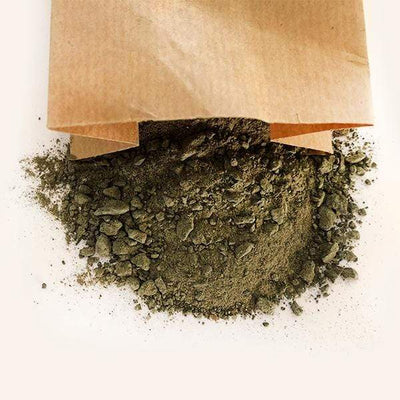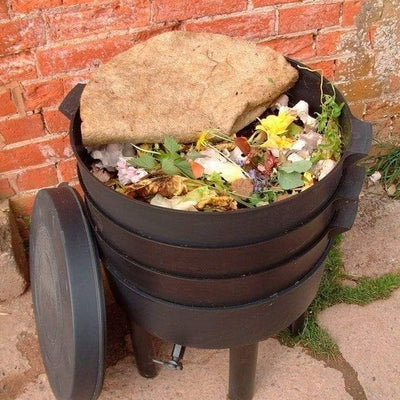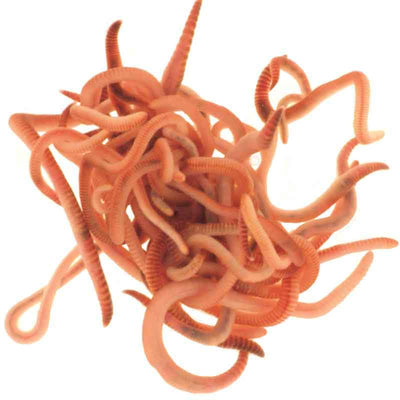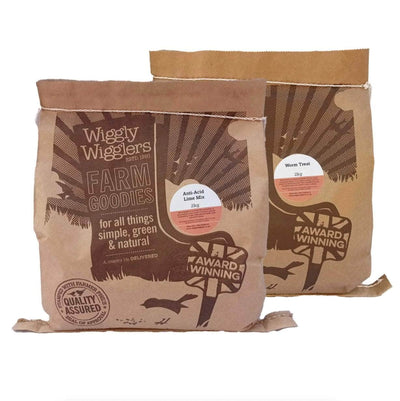Here's our quick and easy wiggly guide to looking after your worm composter - maybe print this page off and use it to make sure you're doing all you can for your worms.
✅ Every Week
-
☐ Check moisture level
Bedding should feel like a wrung-out sponge. If it's too dry, lightly mist with water. If too wet, add shredded paper or cardboard. -
☐ Feed a small amount of food waste
1–2 handfuls per week is enough to start. Chop food up small. Avoid overfeeding. -
☐ Cover food with bedding or newspaper
This prevents smells and fruit flies. -
☐ Check worm behaviour
Worms should be under the blanket, not crawling up the sides or escaping. If they are, review moisture, temperature, and food. -
☐ Check the moisture mat
Keep it damp. Replace if it starts to break down. -
☐ Drain liquid (leachate)
If your wormery collects liquid, open the tap and drain it into a container. Use diluted (1:10) as plant food or discard if it smells bad.
✅ Every Month
-
☐ Gently stir the top layer
This helps with airflow and breaks up any clumps. Be gentle—not too deep. -
☐ Add dry bedding
Top up with shredded paper/cardboard to balance moisture and keep the worms happy. -
☐ Check for pests
Look out for fruit flies, ants, or larvae. If present, reduce food, cover it better, and make sure the bin isn’t too wet. -
☐ Check temperature
Worms like 15–25°C. In hot or cold weather, move the wormery somewhere more stable (shed, garage, shady spot).
✅ Every 3–6 Months
-
☐ Harvest compost
When the bottom tray is full of dark, crumbly compost, it’s time to harvest! Rotate trays and add a fresh one on top. -
☐ Separate any straggler worms
Pick out worms from finished compost and return them to the active layer.
🛠 Occasional Tasks
-
☐ Replace worm blanket if it becomes soggy or disintegrates.
-
☐ Wash trays (once or twice a year) with plain water—avoid soaps or chemicals.
-
☐ Add crushed eggshells or lime occasionally to balance acidity.






